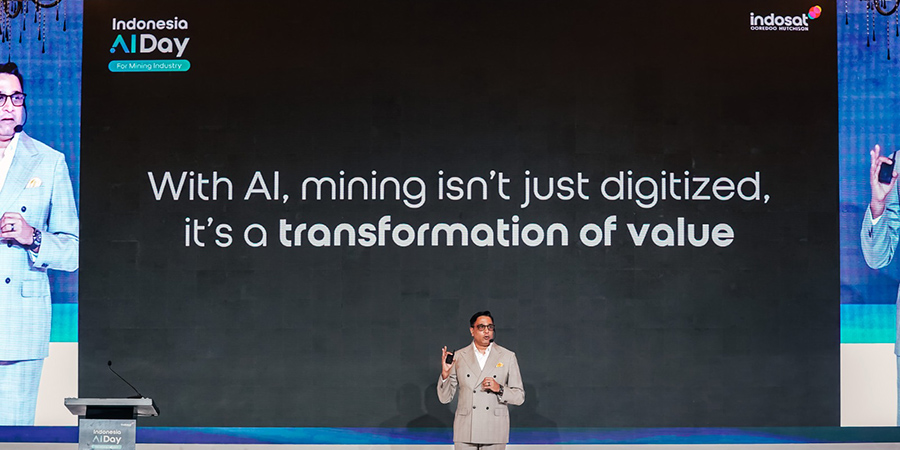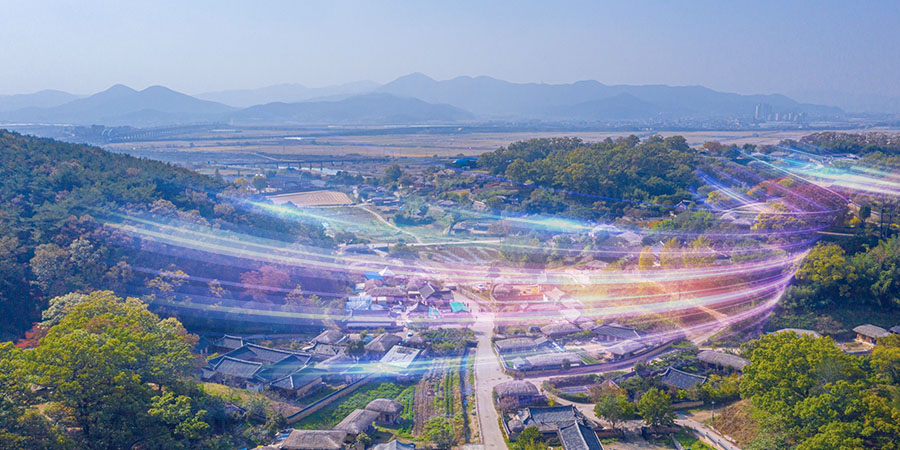Smart cities represent the future of urban development, integrating advanced technologies and data-driven solutions to enhance the quality of life for their residents. As the AsiaPacific region experiences rapid urbanization, the telecom industry has emerged as a key player in the development of smart cities.
Building the Digital Infrastructure Backbone
The telecom industry serves as the backbone of smart cities by providing the necessary digital infrastructure and connectivity. The deployment of robust telecommunications networks, including high-speed broadband and 5G connectivity, is crucial for supporting smart city applications such as Internet of Things (IoT) devices, smart grids and real-time data analytics. These networks enable seamless communication between various components of a smart city ecosystem, facilitating efficient resource management and improved citizen services.
According to report, the Asia-Pacific telecom infrastructure market is expected to reach US$72.4 billion by 2025, driven by the growing demand for smart cities. This surge is attributed to the increasing demand for smart city projects in the region as urban areas embrace advanced technologies and connectivity solutions provided by the telecom industry to enhance their efficiency.
Telecom companies contribute to the development of smart cities by offering innovative solutions that improve public services and citizen engagement. Through the provision of digital platforms, mobile applications and smart city portals, telecom operators enable residents to access essential services, such as healthcare, education, transportation and governance, more efficiently. These platforms also facilitate citizen participation, allowing residents to provide feedback, report issues and actively contribute to the decision-making process, thereby fostering a sense of ownership and community involvement.
Advancing Urban Sustainability
By leveraging advanced technologies like 5G, artificial intelligence (AI) and big data analytics, telecom operators enable cities to optimize energy consumption, reduce carbon emissions and enhance waste management systems. Smart grids, intelligent transportation systems and environmental monitoring solutions rely on telecom infrastructure to transmit data in real-time, enabling cities to make informed decisions and implement sustainable practices.
The telecom industry’s role in smart city development extends beyond connectivity and infrastructure. It also serves as a catalyst for economic growth and innovation. By fostering an ecosystem of startups, entrepreneurs and research institutions, telecom operators contribute to the development of smart city solutions and technologies. This ecosystem not only drives job creation and economic opportunities but also promotes innovation, thereby attracting investments and positioning the Asia-Pacific region as a hub for smart city advancements.
In South Korea, the government’s collaboration with telecom operators and technology companies has led to the development of Songdo City, a prime example of a smart city. This project has attracted numerous businesses, research centers and international organizations, stimulating economic growth and positioning South Korea as a leader in smart city innovation.
The success of Songdo City has had a profound impact on other Asian countries, serving as a model for smart city development. Governments, telecom operators and technology companies in countries like Singapore, Japan and China have drawn inspiration from the collaborative efforts in South Korea to replicate similar initiatives. This has sparked a wave of investments and partnerships, stimulating economic growth, fostering innovation and positioning these countries as key players in the advancement of smart cities in the region.
Shaping the Cities
By providing the digital infrastructure, connectivity and innovative solutions, telecom operators enable the integration of advanced technologies and data-driven systems that enhance the efficiency, sustainability and livability of urban areas. As the region continues to witness urbanization and the demand for smart city projects grows, the telecom industry’s role will become increasingly crucial in shaping the cities of the future.
By investing in robust telecommunications networks, the telecom industry in Asia Pacific is poised to shape the landscape of smart cities and improve the quality of life for millions of residents.







